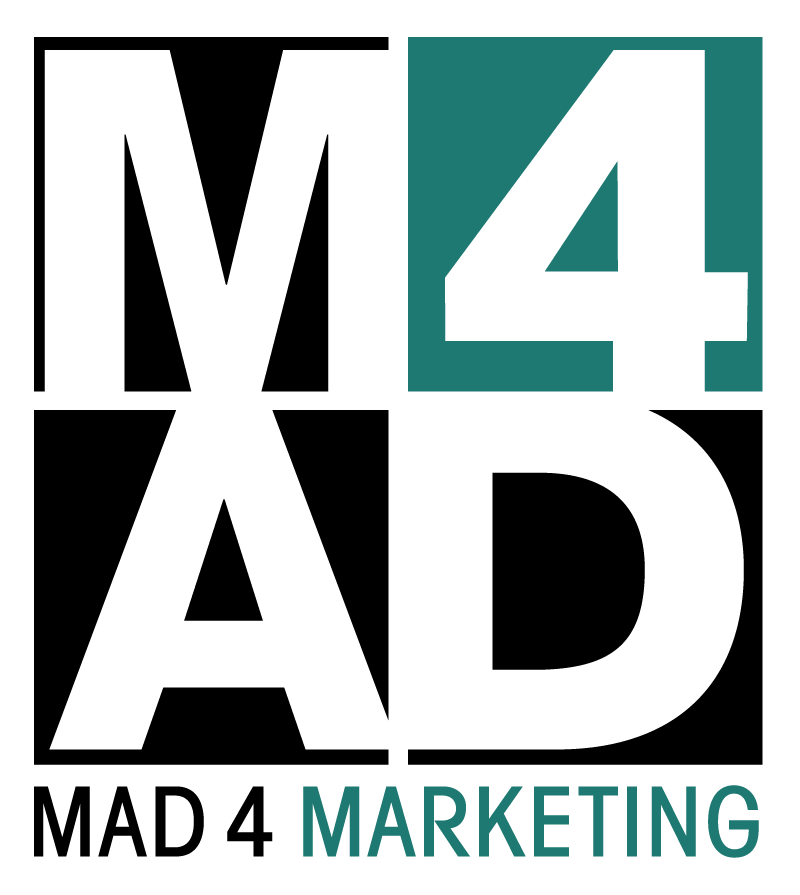Last week, we talked about the role and relevance of cold calling in the modern marketing world. Whether you’re attempting to simply establish a new business contact, make an immediate sale or get your foot in the door to form a long-term relationship, cold calling is a mode of communication that can still play a pivotal role in your process.
Here are a few more ideas to keep in mind:
4. Don’t be generic. A cold call should never come with a cookie cutter speech. Be sure you know who you’re calling by name, what their position is and what you’d like from them. By using their name and title, they will feel like you specifically reached out to them–not just whoever was the first to take your call, not just anyone with the power to sign a check. Be sure to speak to this person like they alone are of utmost importance to you for very specific reasons. And never, ever give them the impression that they’re just one among many identical cold calls.
5. Know when to let it go. Although this call might be very valuable to you, think of it from your target’s side: There’s nothing worse than being called over and over again by someone you don’t want to speak to. Calling repeatedly won’t ingratiate you to an individual who for some reason or another doesn’t seem to want to take your call. In fact, the opposite might be true: Your persistence might take you from being a neutral party and turn you into an annoyance. The fact of the matter is, someone is going to want your business or they won’t. Determining this is 90% of the battle on a cold call. Your time might be better spent elsewhere. If you feel like you’re getting the run-around rather than a firm “no,” know when to decide if this person is just being polite but will not work out.
6. Keep strict records. You should have a very thorough account of each attempt you make to reach out to a certain individual–including the time, date and the name of the person you already spoke to at their offices. You should be able to easily refer back to prior conversations and what was agreed upon—such as saying that you were told to call back on Monday morning when you spoke to someone’s secretary last Thursday afternoon. This not only conveys professionalism, but you can keep track of your attempts and stay organized despite how many calls you’re making. This data—along with notes from your call—can also be very valuable for future marketing endeavors.
Whether your cold-calling goal is to get something, sell something or just make a connection, remember one thing: Your call has already helped you increase brand awareness and let this person know that you exist. Every call you make is an opportunity to set the tone for your business and represent yourself personally as a professional as well. So even if your call may not feel successful right when you hang up, if you’ve done your job right, that call recipient may see your ad in the newspaper or run into you at a conference and remember your name and the impression you left on them. It’s a start.
